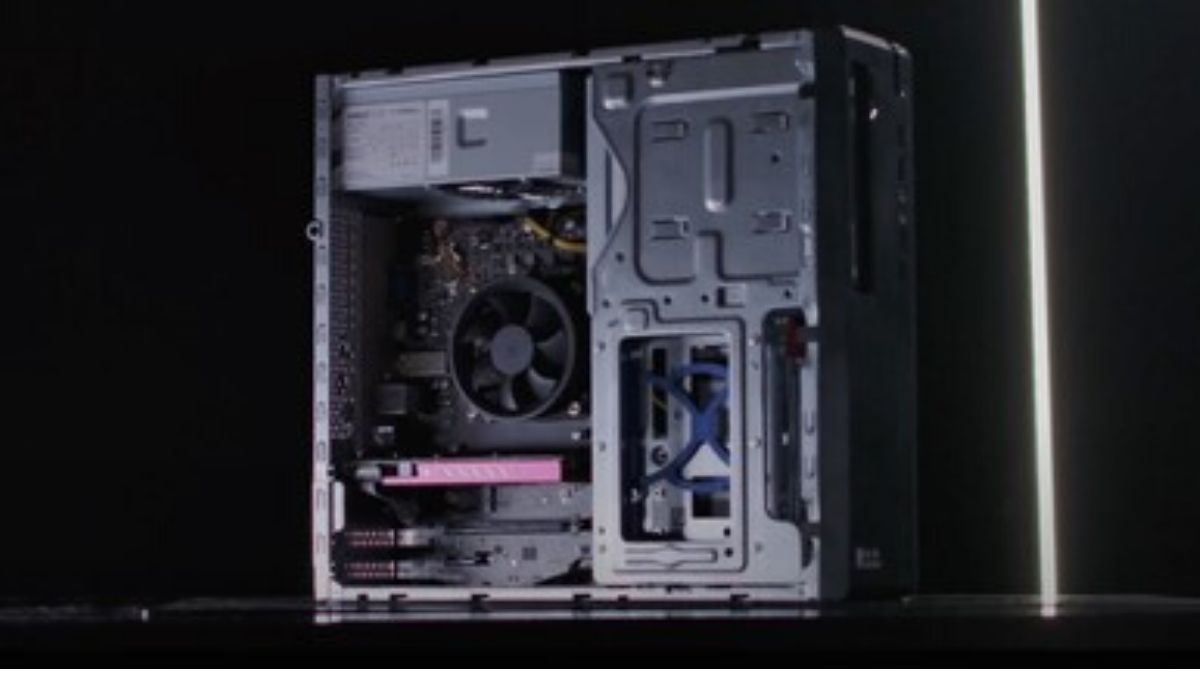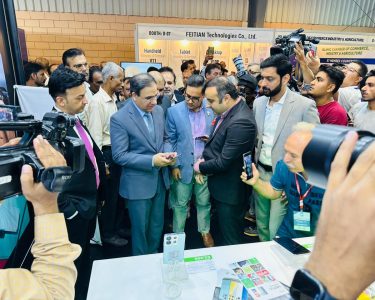Over the course of the past few years, Chinese manufacturer Huawei has been employing the idea of manufacturing its very own smartphone chipsets so as to reduce the dependence on US-based companies such as Qualcomm. And now, it appears as if the Chinese company is using at least one model of its Kunpeng processor in order to power a desktop PC that it happens to be selling in its home country of China.
A video found on YouTube goes on to show a variant of HiSilicon’s 7nm Kunpeng 920 ARM v8 processor. The 2.6Ghz eight-core, eight-thread CPU came soldered to a Huawei D920S10 motherboard.. The computer also featured in with 16 gigs of RAM, a 200W power supply, 256GB SATA hard drive and also, a Radeon RX550 GPU.
Must Read : Xiaomi’s MediaTek flagship?
The computer went on to achieve a Blender Car Demo test render in a rather slow time : 11 minutes and 47 seconds to be exact. The YouTuber who went on to upload the video was also complaining about sluggish local video playback due to the poor encoding performance that was embedded within.
But these issues seem insignificant when you consider the fact that the computer came pre-installed with the Unity Operating System (UOS) – which of course happens to be a Chinese distribution of Linux. The YouTuber apparently had to pay $114 to access the UOS app store and even then, they weren’t able to download mainstays such as Adobe apps – this being down to the fact that the store was equipped with a limited selection of software. Taking into consideration the fact that the processor did not possess the capabilities to run 32-bit programs only seemed to make the problems worse.
For now then, I think it’s safe to say that Chinese consumers won’t actually be rushing towards Huawei in order to buy the company’s desktop computer. While the causes are of course different – the major issue one can imagine is the fact that the company’s phones don’t have software support outside that of China. Even the best chips aren’t really all that useful if the don’t have access to software and support from developers to go along.




